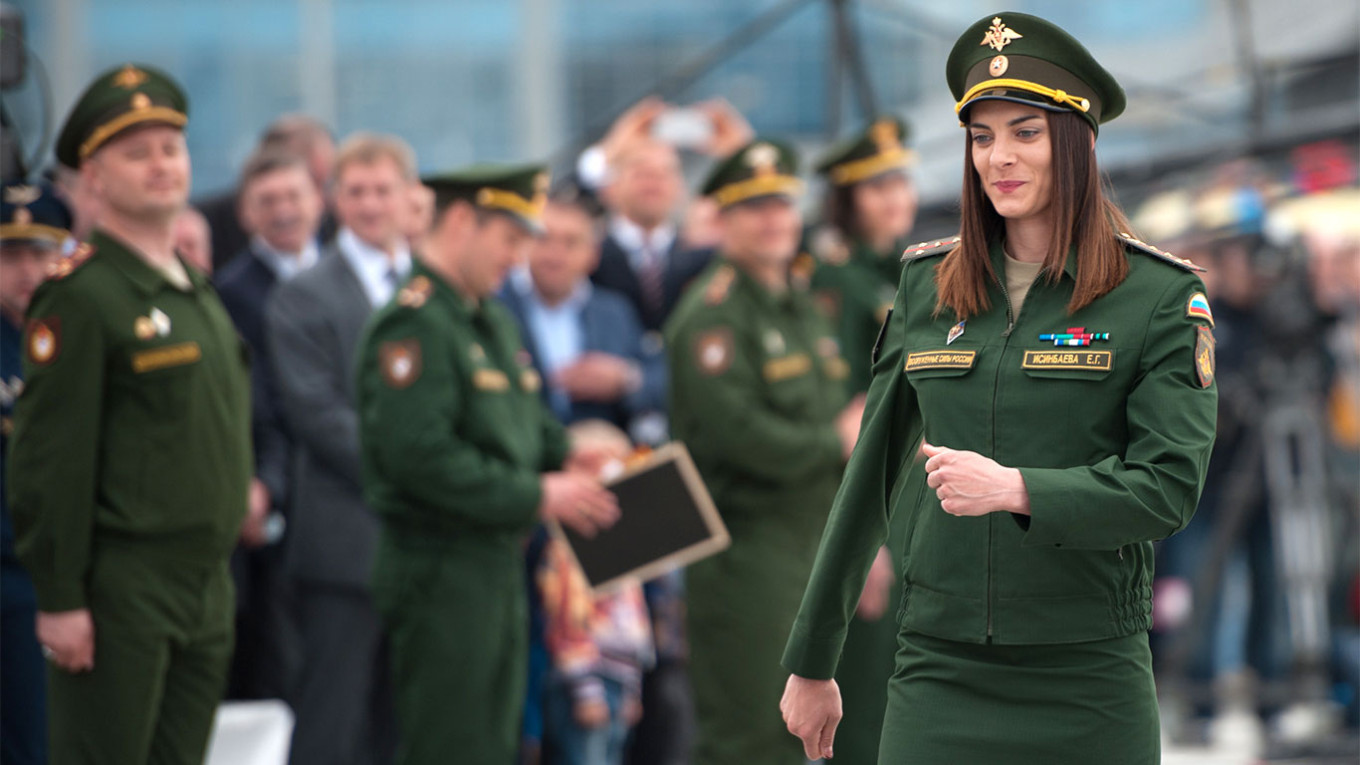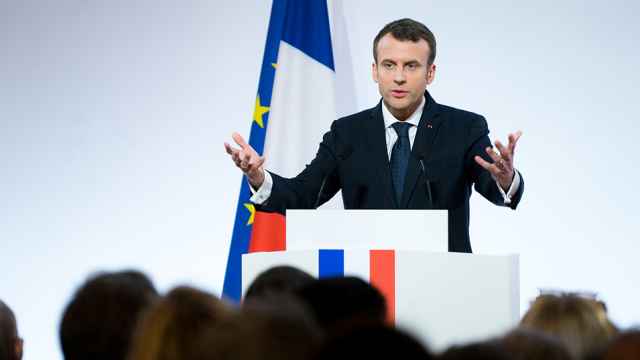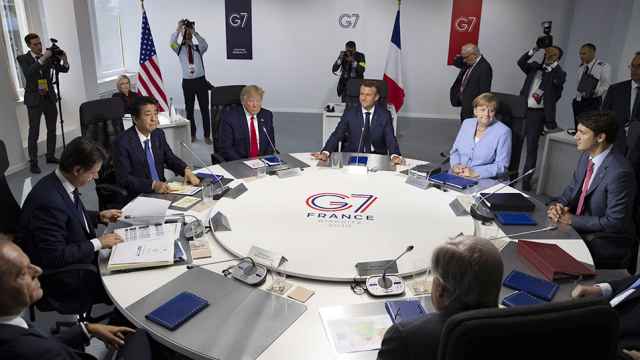Two-time Russian Olympic champion and former pole vaulter Yelena Isinbayeva has come under fire from both Kremlin supporters and opposition figures after it was revealed that she lives in Europe.
Isinbayeva, 41, a member of the International Olympic Committee (IOC) and a one-time trustee of President Vladimir Putin, was one of the Russian athletes sanctioned by Kyiv when Moscow invaded Ukraine last year. She has since been criticized for her reluctance to clarify her stance on the Kremlin and the war in Ukraine.
This month, Spain’s El Digital Sur news outlet reported that Isinbayeva — who was given the military rank of Major in the Russian Armed Forces in 2015 and joined the pro-Kremlin “Putin Team” movement two years later — had moved to the Canary Islands.
The news was followed by an investigation by jailed Kremlin critic Alexei Navalny’s team published into the Olympic champion's Spanish real estate.
Team Navalny called for European Union officials to impose sanctions on Isinbayeva, calling her “an active supporter of the war.”
“Visas are very difficult to obtain now for ordinary Russians, but Putin's assistant has all borders open to her because she has found a couple of million euros to buy real estate and a residency permit. European banks are very happy to service her,” Georgy Alburov, an investigator with Team Navalny, tweeted on Monday.
“We will send petitions with the list of Isinbayeva's real estate and evidence of her connection with Putin (which there's plenty of) to the Spanish authorities,” Alburov added.
Other Russian opposition figures, however, argued that EU sanctions against Isinbayeva wouldn’t be effective.
“For a year and a half, endless sanctions lists have not worked out at all,” politician and blogger Maxim Katz said in a YouTube video about Isinbayeva’s case.
But the athlete, who was a part of Russia's constitutional amendment working group in 2020 that allowed Putin to stay in power till 2036, was also criticized by Kremlin supporters.
In a video published Thursday, the far-right, pro-Kremlin Tsargrad TV channel accused Isinbayeva of “betrayal,” calling her “a frightened patriot” who preferred her “life on the Canary Islands to her homeland.”
Kremlin spokesman Dmitry Peskov defended Isinbayeva, saying that the sports community was “lashing out against the athlete, whom we were just recently proud of.”
“She didn't condemn anything, she didn't criticize anyone, she's fulfilling her functions. Where she lives, in the end, is absolutely irrelevant. Our national anthem was played in her honor so many times and our flag was raised that this must be remembered and cannot be forgotten," Peskov told reporters Thursday.
The IOC’s Ethics Commission said this week it found no grounds for sanctions against Isinbayeva, who was elected to the IOC Athletes’ Commission for an eight-year term in 2016.
“The understanding of the IOC Ethics Commission is that during this period Ms. Isinbayeva has neither had contractual links with the Russian military or security agencies nor supported the invasion or the war in Ukraine," the IOC said in a statement to Russia’s state-run TASS news agency.
Isinbayeva herself said this week that the IOC had allowed her to continue working in the organization pending a review.
Isinbayeva also claimed that she had “never been in the service” of Russia's Armed Forces, nor she had never been “a State Duma deputy or a member of any party.”
“Friends, I appeal to everyone who distributes fake articles and information: I am a women [sic] of the world, I have always been and I will remain one!” she said in a Facebook post.
A Message from The Moscow Times:
Dear readers,
We are facing unprecedented challenges. Russia's Prosecutor General's Office has designated The Moscow Times as an "undesirable" organization, criminalizing our work and putting our staff at risk of prosecution. This follows our earlier unjust labeling as a "foreign agent."
These actions are direct attempts to silence independent journalism in Russia. The authorities claim our work "discredits the decisions of the Russian leadership." We see things differently: we strive to provide accurate, unbiased reporting on Russia.
We, the journalists of The Moscow Times, refuse to be silenced. But to continue our work, we need your help.
Your support, no matter how small, makes a world of difference. If you can, please support us monthly starting from just $2. It's quick to set up, and every contribution makes a significant impact.
By supporting The Moscow Times, you're defending open, independent journalism in the face of repression. Thank you for standing with us.
Remind me later.






